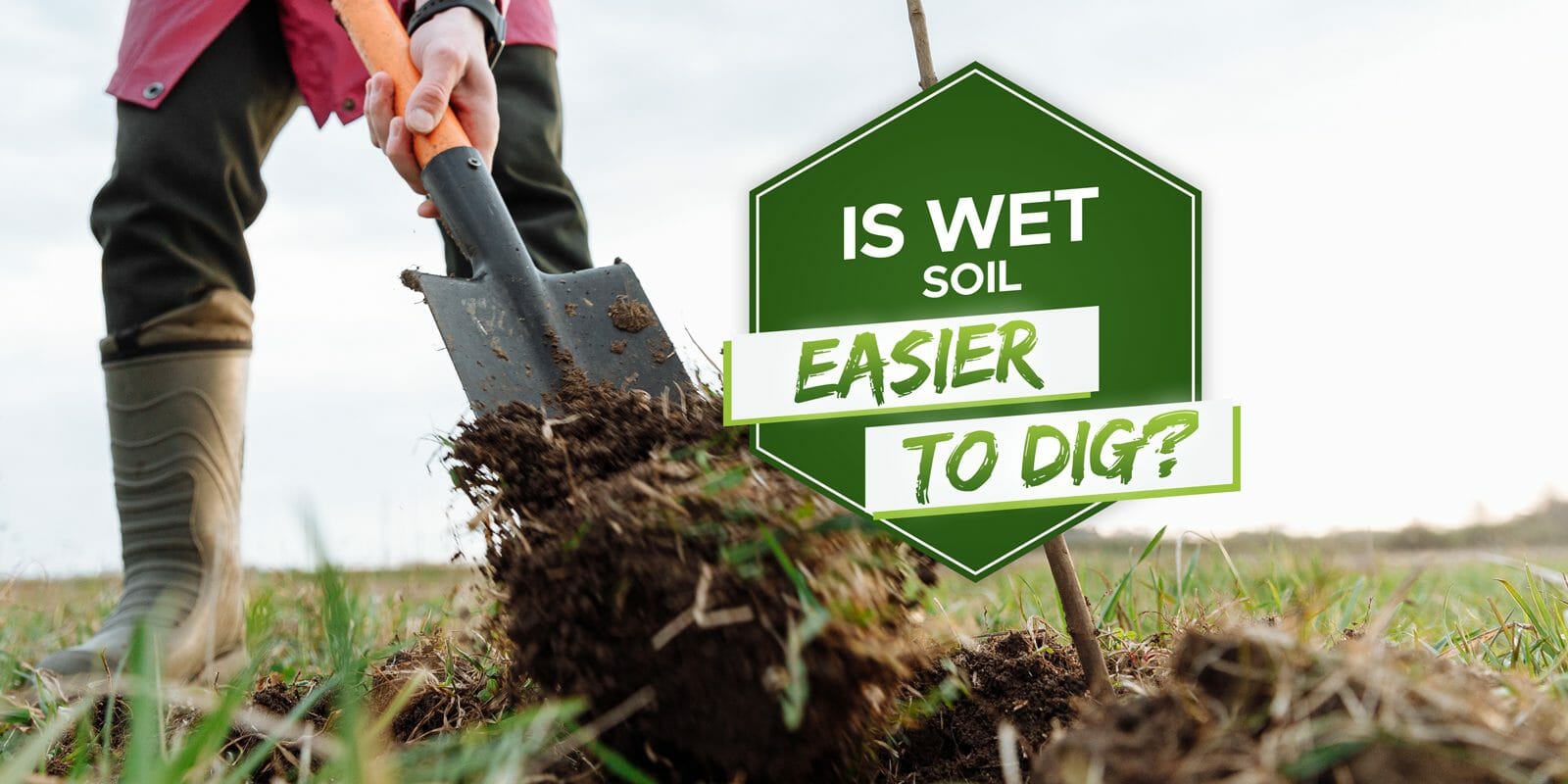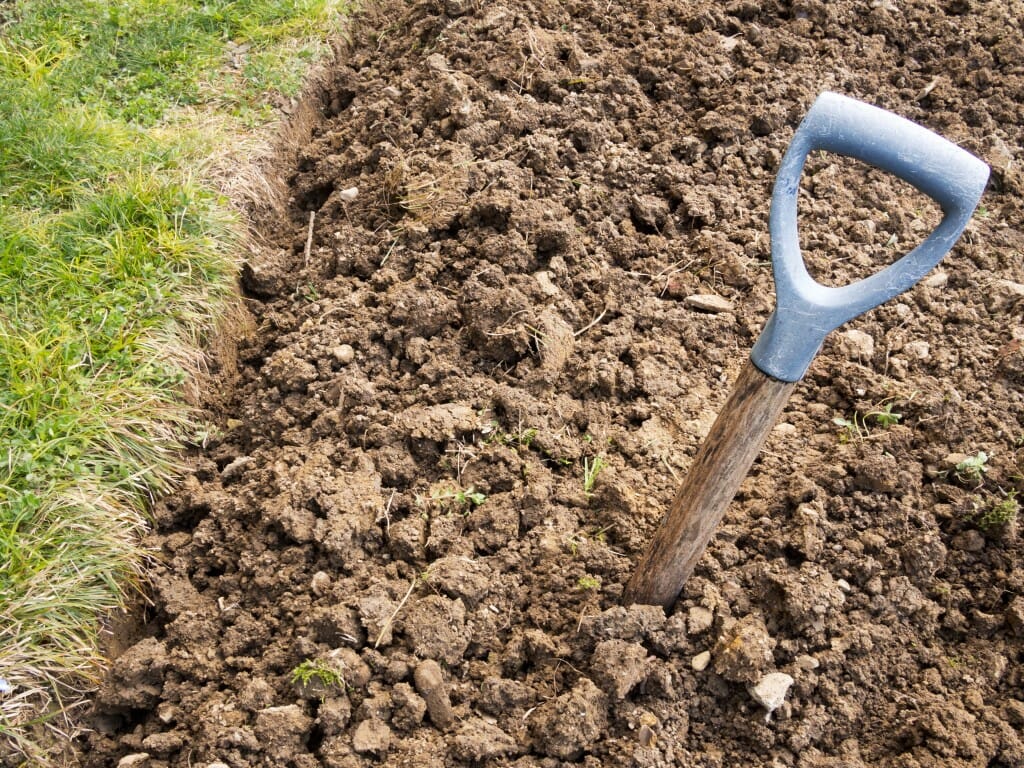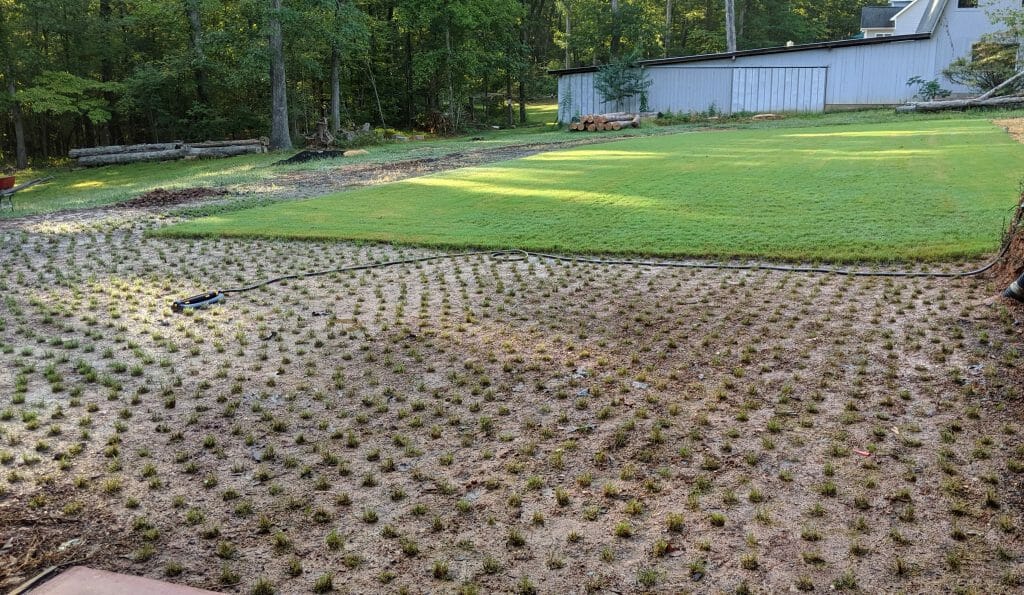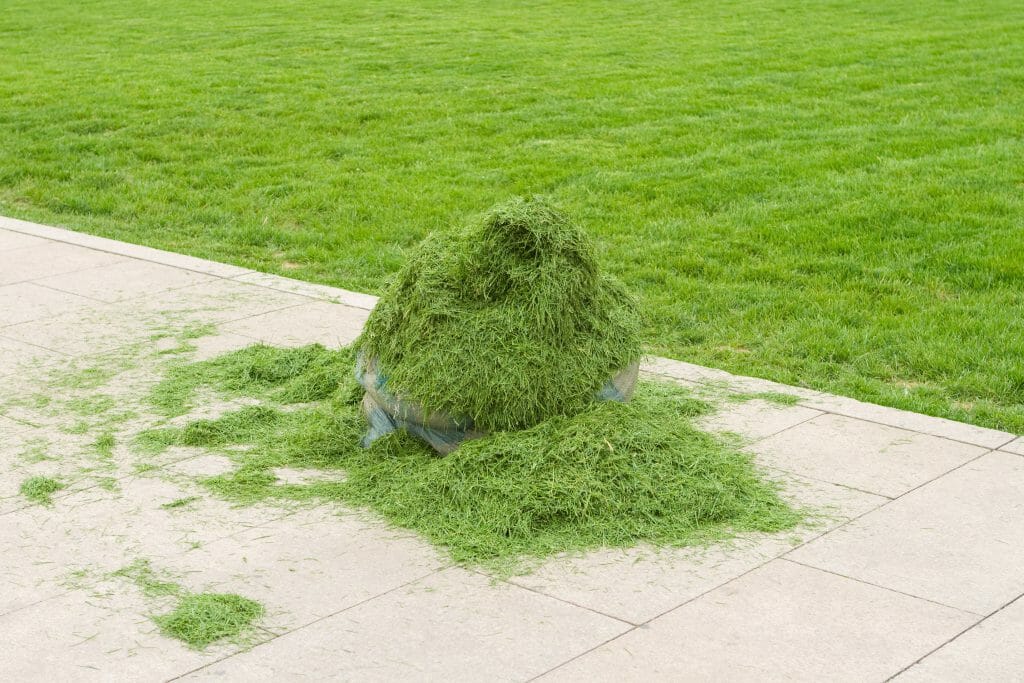Digging holes in your garden can be laborious and frustrating, so it’s only natural that you are looking for a way to make it easier.
One of the ways that you might be tempted to try is by wetting the soil, but does this actually work? Does wetting soil make it easier to dig?
In most cases, wetting your soil will make digging it more difficult because it makes it heavier and more likely to stick to your shovel.
Wet soil can be messy and challenging to dig, so it’s crucial to know when water can help you and when it will hinder you.
This article is going to briefly go over the four soil types and help you figure out whether wetting the soil will aid your digging.
DON’T MISS: Will frost kill grass seed?
What are the Four Types of Soil?
Before you wet your soil and start digging, we suggest figuring out what soil you are working with, as some are easier to work with than others.
There are four main types of soil that have their own unique qualities so let’s have a quick look at them:
- Sand- This is a fast-draining form of soil with the largest particle size (2mm-0,425mm) of all the soil types. It is made up of rock particles and silicon dioxide. Due to the large particles, sand won’t stick to each other unless wet.
- Silt- Sitting between clay and sand, silt is a sedimentary material with a particle size between 0,002mm and 0.06mm. It turns into smooth mud when wet.
- Clay- This is a cohesive soil with a very fine particle size. It expands greatly when wet and shrinks to a very hard surface when dry.
- Loam- This is considered to be the ideal soil because it is made up of clay, sand, and silt. The combination of these soil types results in a soil that has good water retention and drainage as well as the ideal level of aeration.
Does Wetting Soil Make It Easier to Dig?
Wetting soil before digging will actually make digging harder in most cases.
After looking at all the different soil types, it is clear that they are all very prone to holding onto the water to some capacity. When you add water to the soil before you dig, it will be absorbed and add its weight to the weight of the soil. This will make the soil very heavy and much more strenuous to dig.
The only time we recommend wetting your soil first is when you are dealing with a hardened layer of clay. In this case, we suggest watering the surface and allowing it to sit so it can loosen up the top layer of the soil.
However, you should avoid trying to dig very wet clay as this is the hardest soil to dig because it absorbs water so well and becomes very sticky and heavy.
The ideal soil to dig will be slightly moist, so it sticks together in easy-to-dig clumps without gaining too much extra weight.
Frequently Asked Questions:
What is the best tool to dig holes in hard soil?
Sometimes with hard soil, a shovel might be unable to cut it, especially to get the holes started. When this occurs, we recommend using a pick axe to get through the top layer of compacted soil and going in with the shovel once it has loosened up.
Can you dig in the rain?
As we have explored, digging in wet soil is not a good idea, but digging in the rain can be even worse.
It may be tempting, especially when doing more thorough excavation on a schedule, to suck it up and dig through the rain, but it will only slow you down and cause the hole to fill and possibly even collapse.
Conclusion
Digging holes in your garden can be annoying, but we urge you not to wet your soil to try to aid in your endeavor.
Wetting your soil will make holes harder to dig in most cases, as it weighs it down and makes it stick to your shovel.
Whatever soil you are dealing with, we hope this helped and made your digging easier.




